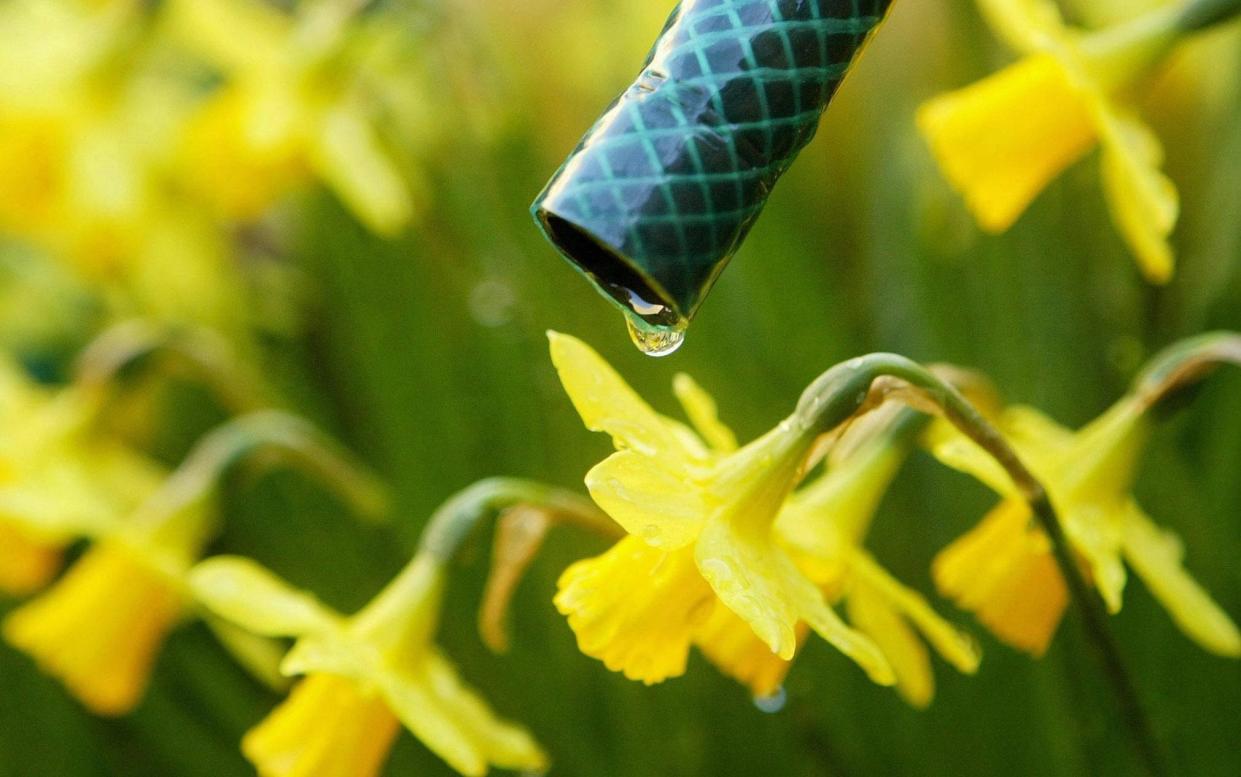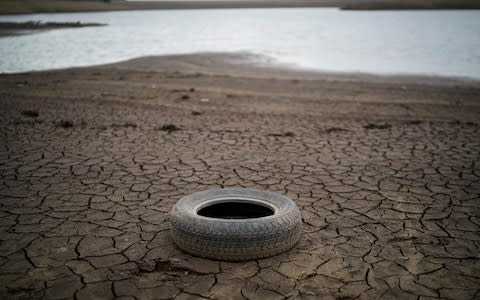Hosepipe bans could become a thing of the past as water company says they are 'no longer relevant'

Hosepipe bans could become a thing of the past as a leading water company says that they are “no longer relevant.”
Yorkshire Water said the effectiveness of temporary use bans is limited, while behaviour change campaigns could be much more useful.
Chief executive Richard Flint made the comments as the firm published an independent "white paper" it commissioned to look at evidence on the effectiveness of both bans and alternative approaches to changing behaviour.
"Hosepipe bans were developed as a 20th century solution to drought, but we are now in a very different world,” said Mr Flint.
"Social media means it's now much easier to get messages to people and we have much more sophisticated ways of targeting information to make it easy for people to take action.
"We now need to ensure our drought plans reflect this, which might mean hosepipe bans are a tool that are no longer relevant."

The firm said hosepipe bans were rarely used and there is little evidence to support their effectiveness in reducing demand.
He said: "What is very clear from our customer research is that customers quite understandably don't like the idea of being banned from carrying out activities involving a hosepipe, which for many people are personally important.
"However, most customers are happy to play their part by reducing consumption if they are given information on why changes are needed."
It is estimated that only about 1% of household water usage goes on the garden and 1% on the car, meaning the scope for a hosepipe ban to be able to reduce demand is limited.
However, ignoring hosepipe bans is a criminal offence under the Water Industry Act 1991 and can face fines of up to £1,000.
The move comes a day after Environment Agency chief executive Sir James Bevan said England could face a "jaws of death" situation where there will not be enough clean water within 25 years.
Sir James said action is needed by the public to reduce water use but also stressed that water companies must cut leaks and new desalination plants and reservoirs must be built.

Last summer, the British Leafy Salad Growers Association said the "soaring" temperatures were causing "havoc" for growers, as a hosepipe ban was introduced.
Lettuce and other vegetables such as broccoli and cauliflower were in short supply as high temperatures put the produce “under stress” and stop them growing.
There were hosepipe bans in Northern Ireland and the Midlands, while United Utilities in the north west urged people not to use hosepipes and sprinklers.
In 2014, a study by four universities, conducted among almost 2,000 homes across southern England, suggested such restrictions have little impact on water shortages.
Research carried out jointly by the universities of Manchester, Edinburgh, Southampton and Lancaster found that 56 per cent of householders never watered their gardens whatever the weather.
A quarter of those with gardens said they never used hosepipes or sprinklers anyway, preferring to use watering cans and jugs even when there was no such ban in place.
Less than 20 per cent of those who took part in the study said they used hosepipes in their gardens, suggesting that restrictions during hot weather would save very little water overall.

 Yahoo News
Yahoo News 
